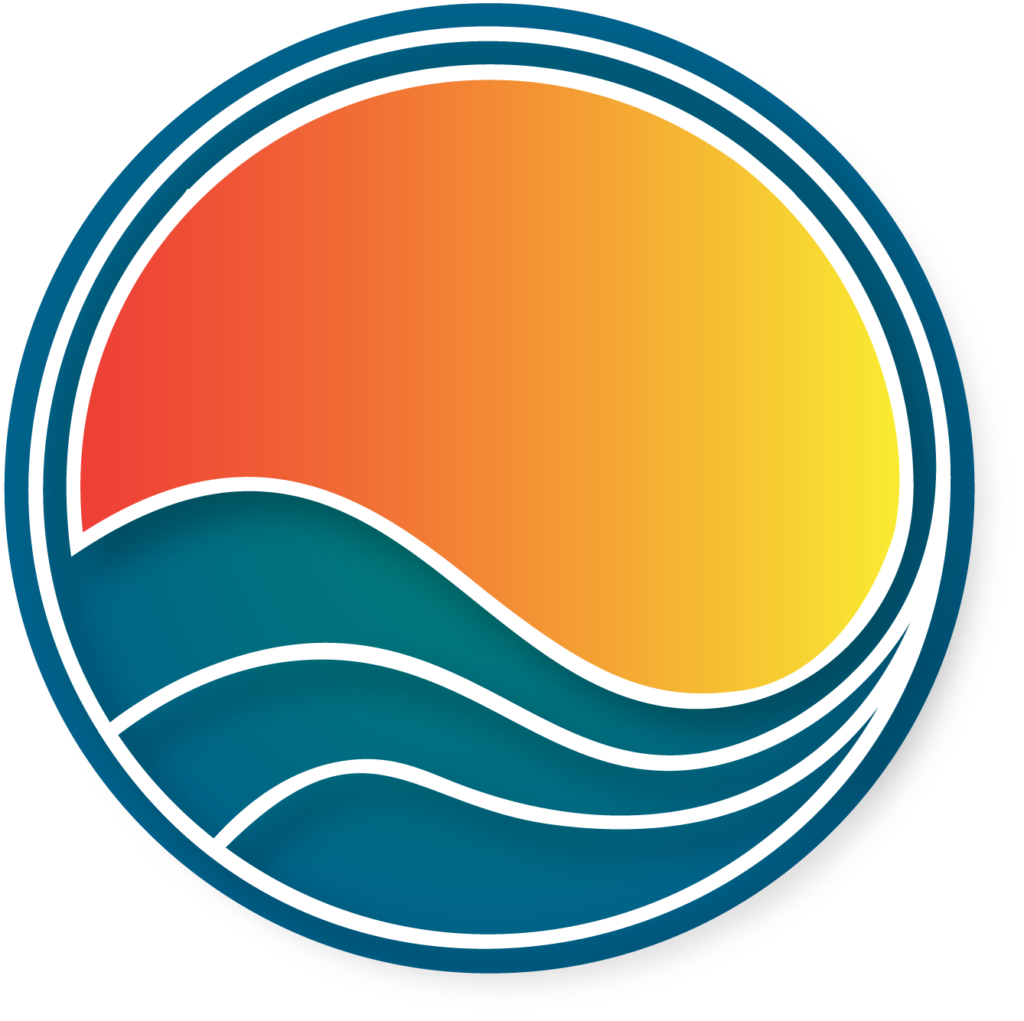Outpatient Drug Rehab In Whittier

We Treat A Wide Range of Clients who
suffer from Substance Abuse
Whether you or a loved one are struggling with a substance use disorder or addiction, our outpatient rehab is qualified to be able to help you find recovery.
Millions of Americans in the United States are affected by addiction, which is a prevalent mental health disorder. As of 2020, 40.3 million individuals aged 12 or older experienced difficulties with drug addiction or alcohol addiction. If left untreated, drug addiction can have a detrimental impact on a person’s daily life and relationships.
Solace Treatment Center, located in Whittier, CA, provides outpatient addiction treatment services to individuals struggling with substance abuse. Our Whittier treatment program and rehab center incorporates therapy and in certain cases medication assisted treatment, tailored to each person’s unique requirements, to assist them in achieving long-term recovery.
What Is Substance Abuse
Use Disorder (SUD)?
Substance Use Disorder (SUD), commonly known as drug or alcohol addiction, is a mental health condition that impairs brain function and behavior. It leads to a range of issues in work, school, and relationships. SUD changes brain structure and function, causing intense cravings, personality shifts, and abnormal behavior.
Effective management of SUD requires comprehensive outpatient treatment, including intensive outpatient programs and rehab. These programs, offered by our rehab center, focus on holistic recovery, integrating therapy sessions, group therapy, and medication assisted treatment. Tailored outpatient rehab plans are essential for long-term recovery and relapse prevention.

Symptoms of Addiction
The Diagnostic and Statistical Manual of Mental Disorders, Fifth Edition, (DSM-5) is a critical diagnostic tool for identifying various mental health conditions, including Substance Use Disorder (SUD). In this classification system, SUD is categorized into three levels of severity: mild, moderate, and severe, based on the number of diagnostic criteria met. A mild SUD is diagnosed when two to three criteria are present, moderate SUD with four to five criteria, and severe substance use disorder is indicated by six or more criteria.
To diagnose SUD, the DSM-V lists 11 specific criteria. These include using substances in physically dangerous situations, disruption of responsibilities at work, school, or home due to substance use, persistent use despite relationship issues, increased consumption over extended periods, difficulty in controlling or ceasing substance use, intense cravings, considerable time spent in obtaining, using, and recovering from the substance’s effects, neglecting other activities in favor of substance use, continued use despite knowing its harmful physical or psychological consequences, developing tolerance (needing more of the substance for the same effect), and using substances to alleviate or avoid withdrawal symptoms. Understanding these criteria is essential for healthcare providers in a rehab center or an outpatient treatment program to offer effective addiction treatment and recovery plans.
Causes & Risk
Addiction, a multifaceted condition with unclear origins, is influenced by psychological, biological, and environmental factors that elevate the risk for substance use disorder (SUD). Key risk factors include insufficient family support, a history of trauma, familial addiction history, coexisting mental health disorders, engagement with highly addictive drugs, and early initiation into drug use. SUD frequently coexists with other mental health issues like anxiety, depression, or bipolar disorder.
Effective management of addiction, particularly when coupled with mental health disorders, requires comprehensive treatment approaches. Dual diagnosis treatment, which simultaneously addresses both addiction and mental health conditions, is essential for holistic recovery. This integrated approach is pivotal in a rehab center or an outpatient treatment program, providing a foundation for lasting addiction recovery and mental health stability.
What Is Outpatient
Drug Rehab?

An outpatient rehab program is an effective choice for those pursuing addiction treatment, especially suited for less severe cases of substance use disorder or as a follow-up to residential treatment. These programs, less intensive than inpatient rehab or residential treatment, are ideal for individuals needing a balanced approach to recovery.
Our outpatient drug rehab center specializes in providing therapy sessions and medication assisted treatment at regular intervals, allowing patients the flexibility to continue with work or school responsibilities. This approach to addiction recovery through our outpatient treatment program ensures ongoing support and care while accommodating the daily commitments of individuals.
Partial Hospitalization Program (PHP)
A Partial Hospitalization Program (PHP) is a specialized form of outpatient treatment, that offers a well-structured environment for those in addiction recovery. Unlike inpatient or residential treatment, PHP allows individuals to live off-site, though sober living arrangements are often recommended.
In a PHP, patients engage in treatment at the facility for approximately 25 to 30 hours per week, usually spanning five days. This level of care is more intensive than standard outpatient programs but less so than inpatient or residential care, positioning PHP as an ideal next step for those needing more structured support in their recovery journey. PHPs bridge the gap between inpatient rehab and traditional outpatient rehab, providing a balanced approach to addiction treatment.
Intensive Outpatient Program (IOP)
An Intensive Outpatient Program (IOP) presents a versatile outpatient rehab choice for those seeking addiction treatment. Comparable to Partial Hospitalization Programs (PHP), IOPs provide access to licensed professionals while demanding a lower time commitment. Participants in an IOP typically attend the facility for about 15 to 20 hours weekly, often spread over a few days.
Though IOPs are less structured than PHPs, they still offer essential support resources, including access to licensed addiction recovery specialists and support groups. The flexibility of IOPs is particularly beneficial for individuals aiming to balance their treatment with other commitments, such as work, education, or family responsibilities. This approach makes IOPs a suitable option for alcohol rehab, substance abuse treatment, addiction recovery, or an intensive outpatient program while maintaining daily life activities.
What Is Involved
with Outpatient Treatment?
Individuals enrolled in outpatient treatment, including Intensive Outpatient Programs (IOP) and Partial Hospitalization Programs (PHP), benefit from customized treatment plans tailored to their specific needs. These plans often encompass a range of services such as therapy sessions, medication management, and participation in support groups. The primary aim of our outpatient rehab program is to cater to the unique challenges and diagnoses of each participant, thereby facilitating effective addiction recovery.
Additionally, these outpatient programs may integrate holistic approaches like family therapy, lifestyle counseling, and stress management techniques, enhancing the overall treatment experience. Regular assessments and adjustments to the treatment plans ensure that they remain responsive to the evolving needs of individuals in recovery. By offering a blend of clinical care and practical support, our outpatient treatment center provides a comprehensive pathway toward sustainable recovery. The flexibility of these programs allows participants to maintain their daily responsibilities, such as work or school, while actively engaging in their journey to overcome substance use disorder.
Cognitive-Behavioral Therapy (CBT)
Cognitive-Behavioral Therapy (CBT) stands out as a highly effective psychotherapeutic method, particularly for treating substance use disorder and in general outpatient programs. It operates on the principle that thoughts, behaviors, and emotions are interlinked, suggesting that altering one aspect can positively influence the others.
CBT equips individuals battling substance use disorder with deeper insights into their condition and provides them with practical skills to support their recovery journey. These beneficial skills are imparted through both individual and group therapy sessions, making CBT a versatile approach in addiction treatment programs. Moreover, CBT’s adaptability allows it to be integrated into various treatment settings, including outpatient rehab, intensive outpatient programs (IOP), and partial hospitalization programs (PHP). By focusing on thought patterns and behavioral changes, CBT offers a robust foundation for long-term recovery and relapse prevention, making it a cornerstone of modern addiction therapy approaches.
Dialectical Behavioral Therapy (DBT)
Dialectical Behavior Therapy (DBT), a specialized form of Cognitive-Behavioral Therapy (CBT), focuses on teaching key behavioral skills to aid addiction recovery. Skills like emotional regulation, distress tolerance, interpersonal effectiveness, and mindfulness are central to DBT, which can be conducted in individual or group sessions by licensed therapists. This therapy is effective in various treatment settings, including outpatient rehab and intensive outpatient programs (IOP), aiding in comprehensive addiction recovery.
Group Therapy
Addiction treatment often involves group therapy sessions, which provide additional benefits to individual counseling. These sessions are guided by a mental health professional who facilitates discussions and addresses the unique needs of the group and its individuals. In addition to promoting peer support and social connections, group therapy can offer opportunities for feedback, encouragement, and accountability.
Medication Management
Medication assisted treatment plays a vital role in addiction recovery, effectively easing withdrawal symptoms and curbing cravings for specific drugs. Moreover, medications are often prescribed to address co-occurring mental health disorders, integral to comprehensive substance use disorder treatment. Licensed psychiatrists customize these medication plans, tailoring the type and dosage to each individual’s unique situation and requirements. This approach is a key component in an outpatient treatment program, including intensive outpatient programs (IOP) and partial hospitalization programs (PHP), ensuring a holistic and personalized treatment experience.
Get Help with
Outpatient Drug Rehab Whittier, CA
Substance Use Disorder (SUD) remains a significant challenge in the United States, often leading to serious mental health complications. Fortunately, effective treatment solutions, including therapy and medication management, are available to mitigate SUD symptoms and foster sustainable recovery. Solace Treatment Center in Whittier, CA, stands at the forefront of addressing this issue with expert care.
If you or someone you know is grappling with drug or alcohol addiction, don’t hesitate to reach out to Solace Treatment Center. Our dedicated team is ready to provide support, answer your queries, and guide you through the journey of recovery. Learn more about our comprehensive outpatient drug rehab program and how it can be tailored to meet your unique needs. Contact Solace Treatment Center today and take a crucial step towards overcoming addiction and embracing a healthier, substance-free life.


